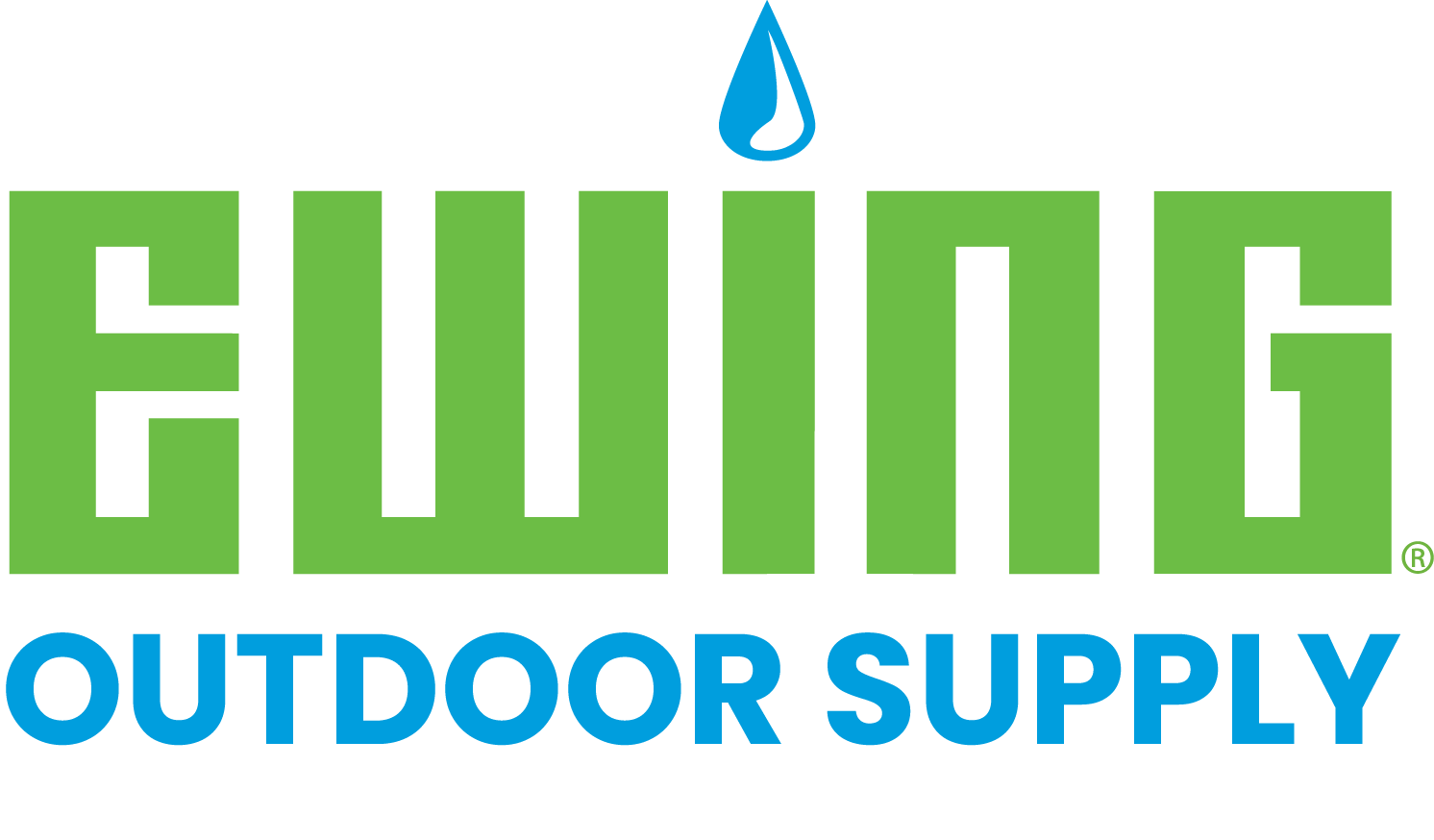People buy from people they like and trust. The hardest sale you will make is the first sale you make to a prospect, because you must convince the prospect that you are trustworthy and will perform as promised. Initially, your promise to perform is just that…a promise. And, unfortunately, in the contracting trades, many promises have been broken.
Building rapport is about making a positive human connection with the prospect, and it paves the way for establishing trust. It begins with the first impressions you make when you come into contact with the prospect.
Often, the first contact made is via the telephone. A prospect calls to ask you to bid on their landscape renovation. What sort of impression are you making on that call? There are only three types of impressions you can make: good, indifferent or poor. Only the first one leads to sales success.
Managing First Impressions
It is very easy to get a sense of one’s mood simply by listening to the tone of their voice on the phone. If you want to make a positive first impression and begin the rapport-building process, you should practice the following:
- Have a smile on your face. It is impossible to sound grouchy when you’re smiling. If you don’t believe me, go to the mirror, put on a big smile and try to sound unfriendly!
- Be enthusiastic, but not overeager. Speak in a pleasant, professional tone of voice. Be confident, credible and knowledgeable. If you missed the initial call, return it promptly.
- Be professional. When meeting the prospect for the first time, you have the second chance to make a good first impression. Do so by arriving on time for the appointment in a clean, uncluttered vehicle. Dress appropriately. In the prospect’s mind, proper grooming speaks volumes about the quality of work you do.
- Be personable. Greet the prospect with a warm smile, a firm handshake and make direct eye-to-eye contact. By all means, remember the prospect’s name and use it three or four times during your conversation. Remember, rapport is about putting people at ease with you.
After the initial greeting, engage the prospect with rapport-building questions. These are questions designed to get the prospect talking freely about themselves, the project and what’s important to them. According to Dale Carnegie, the two things people like to talk most about are themselves and their work.
Before you meet the prospect, Google them. It’s amazing what you can find out about people via the Internet. A great way to begin a dialog with your prospect would be to pull something off the web and start the conversation something like this:
“Mr. Binkele, I noticed you created a blog regarding the treks you and your wife have taken through our country’s national parks. What got you interested in hiking the parks?”
Questions like this will show the prospect you had enough interest in them personally to take time to do the research. These questions get them talking about their favorite subject—themselves and what they like to do! You not only demonstrated that you were prepared for the meeting, you’ve gotten the prospect to open up and talk freely about themselves. You will have immediately begun building rapport!
If you draw a blank from your Internet search, start the conversation with other rapport-building questions:
- You’ve got a lovely home. How long have you lived here?
- May I ask where you’re from?
- May I ask what line of work you are involved in?
- What got you interested in that line of work?
- What’s motivated you to consider renovating your landscape?
All of these questions are designed to get the prospect talking and to help you gain their trust. Trust and a strong relationship with your prospect will trump price. That’s the benefit of establishing strong rapport with your prospects.
For information regarding Ewing’s business development workshops, please visit www.ewingeducationservices.com.




